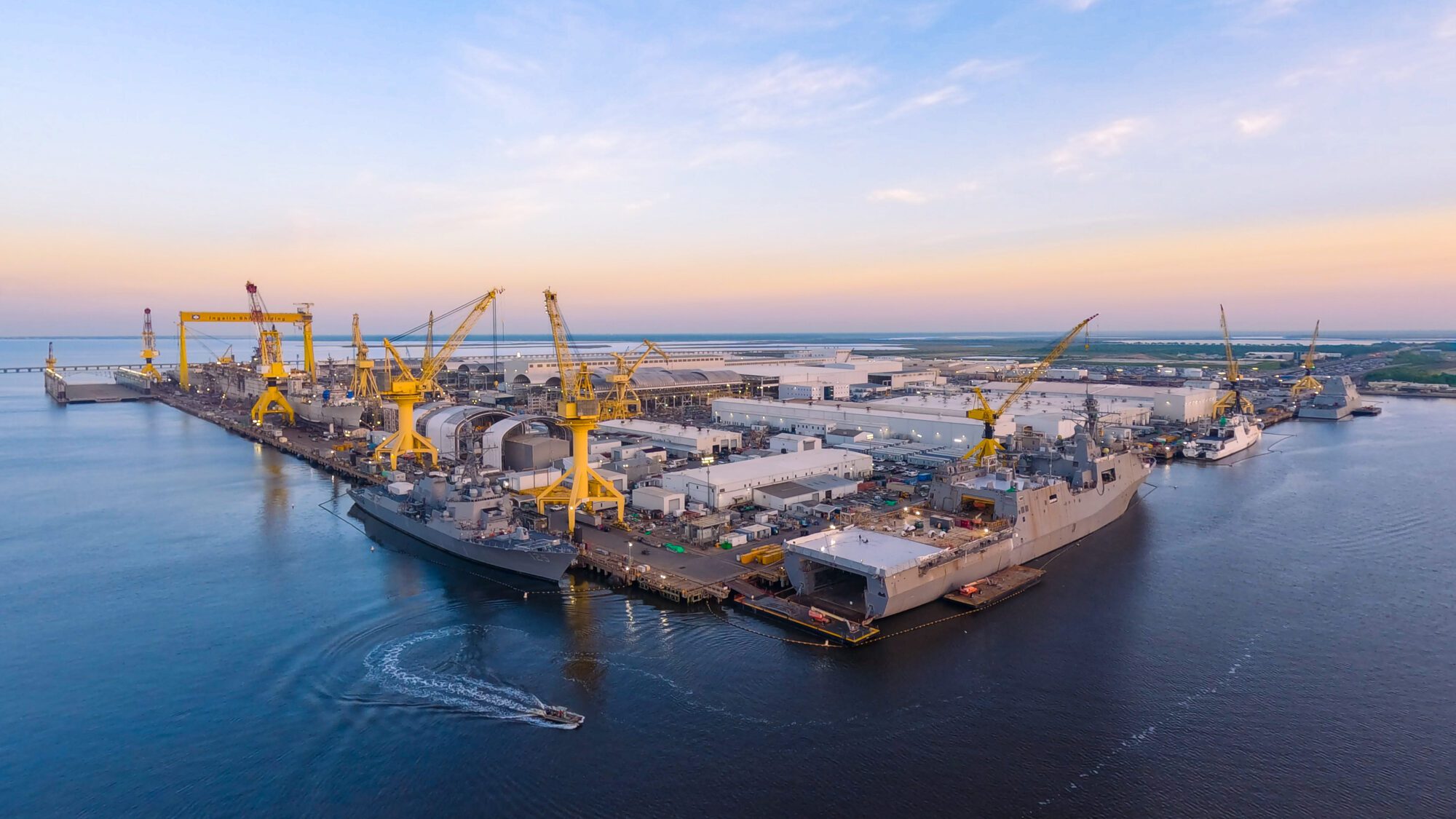In the wake of the last’s month’s BP oil rig explosion in the Gulf of Mexico and the (thus far unsuccessful) struggle to contain the resulting crude leakage, the Sierra Club and other environmental activist organizations have trumpeted the disaster as “America’s Chernobyl.” There also are the predictable calls to cease off-shore drilling altogether, curiously advanced as a step toward achieving oil independence.
Remember Chernobyl? A run-away Soviet nuclear reactor blew up in 1986, releasing radioactive components over thousands of square miles. By the early 1990’s, at least 31 people were confirmed to have died as a result, though with the documented levels of radiation exposure it is reasonable to estimate eventual deaths may have numbered in the hundreds. Even today there are residual environmental effects in parts of Europe, especially within close proximity to the plant site.
The truth is we don’t yet have enough facts to ascertain whether the Gulf disaster will assume Chernobyl-like proportions, if not in cost of human lives, then at least in environmental devastation. The impact on shore areas thus far has been minimal, but there are conflicting reports as to the actual volume of spilled oil, whether deployment of chemical dispersants will yield positive or negative results, and whether the leak itself soon can be contained. No one knows where the already-spilt oil eventually will go, nor when. Whole industries, and tens of thousands of livelihoods, are at serious risk. There certainly is a wide divergence between the “best case” and “worse case” projections by the “experts.”
Read more at Rep. Greg Snowden’s Clarion-Ledger Blog
May 16, 2010






